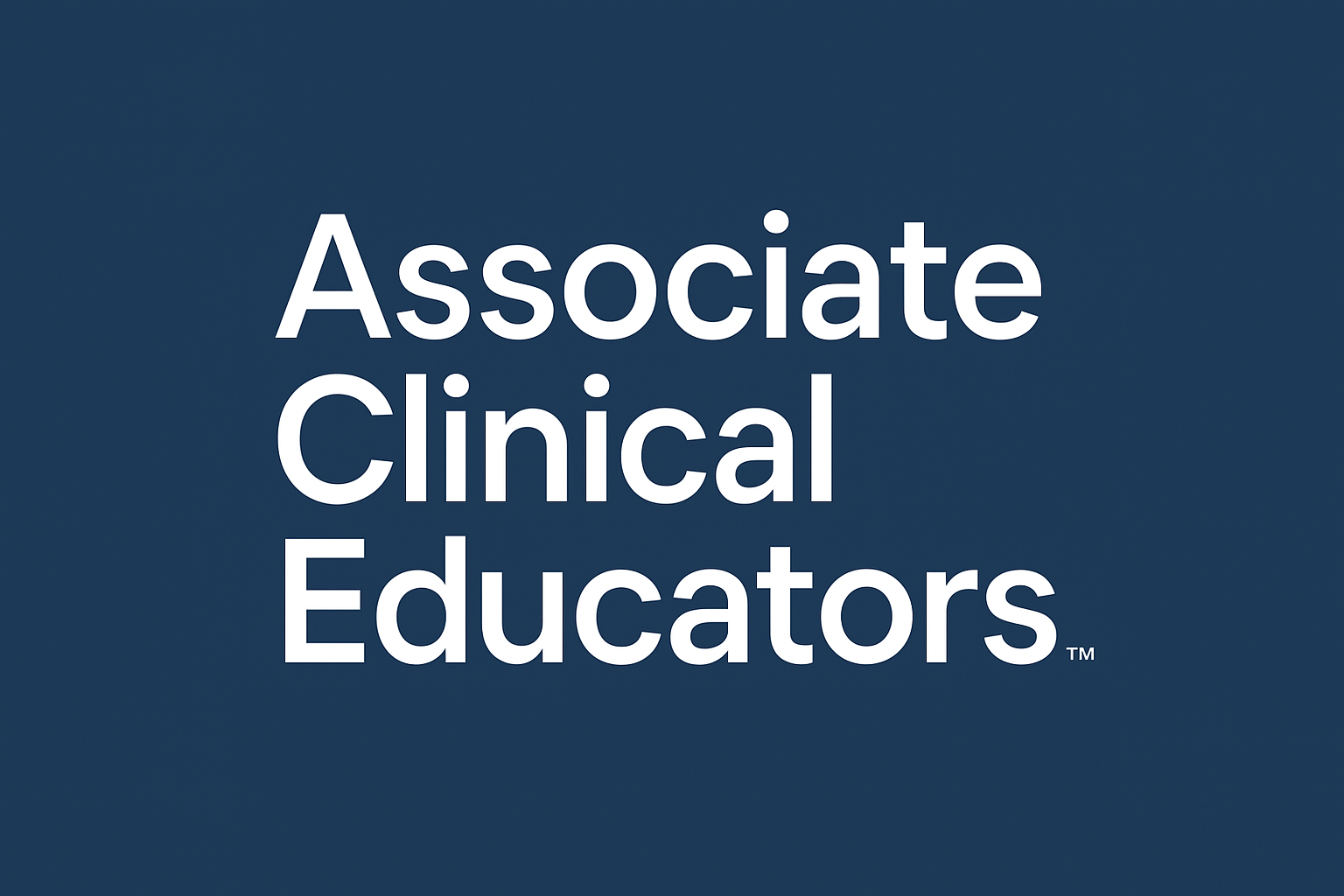Pharmacist Workshop in Birmingham in March 2025!
Boost Your Clinical Skills: Join the Pharmacist Workshop in Birmingham in March 2025! After a...
Read Moreby R Spour | Oct 27, 2024 | Associate Clinical Educators, Meducate Academy | 0 |
Boost Your Clinical Skills: Join the Pharmacist Workshop in Birmingham in March 2025! After a...
Read Moreby R Spour | Jun 4, 2024 | Associate Clinical Educators, Chester University, Meducate Academy | 0 |
In medical education, the term “patient journey” refers to the comprehensive pathway a...
Read Moreby R Spour | Dec 3, 2023 | Associate Clinical Educators, Cliniskills, Meducate Academy | 0 |
Celebrating a dynamic year marked by unprecedented success for Meducate Academy, our journey unfolds with dedicated professionals actively sharing expertise with diverse students, from Physician Associates to Pharmacists. At the...
Read Moreby R Spour | Oct 6, 2023 | Cliniskills, Meducate Academy | 0 |
In September, Meducate Academy saw a surge in activity, notably due to our successful partnership with Cliniskills and participation in The Pharmacy Show. Out Associate Clinical Educators focused on teaching ENT and...
Read More
